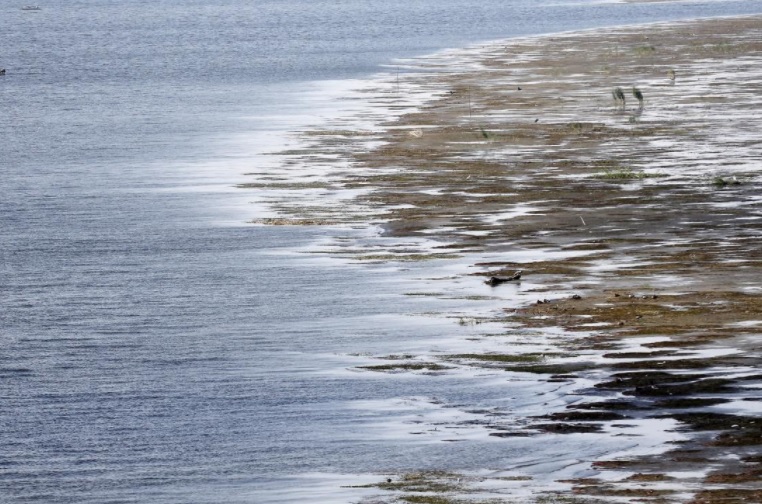
A US$180 million satellite to study the world's oceans in a changing climate will blast off Sunday atop a Falcon 9 rocket, which SpaceX will try to land on a floating platform after launch.
The satellite, known as Jason-3, aims to offer a more precise look at how global warming and sea level rise affect wind speeds and currents as close as 1 km (0.6 miles) from shore, whereas past satellites were limited to about 10 km (6.2 miles) from the coast.
"That is a significant advantage over our predecessors," said Jim Silva, Jason-3 program manager at the National Oceanic and Atmospheric Administration (NOAA).
The technology will also monitor global sea surface heights, tropical cyclones and help support seasonal and coastal forecasts.
During a five-year mission, its data will also be used to aid fisheries management and research into human impacts on the world's oceans.
The satellite is the fruit of a four-way partnership between NOAA, NASA, the French space agency CNES (Centre National d'Etudes Spatiales) and the European Organization for the Exploitation of Meteorological Satellites (EUMETSAT).
The launch is scheduled for Sunday, January 17 at 10:42 am (1842 GMT) from Vandenberg Air Force Base in California.
The weather outlook was clear for launch time, but in case of a delay, another launch window opens Monday at 1831 GMT.
SpaceX's 'recycle' mission
After the rocket sends the satellite on its way, the first stage of the Falcon 9 will power back toward Earth in a bid to set itself down on a barge, or droneship, as SpaceX calls the floating platform.
The attempt is the latest in a series of trial runs as SpaceX attempts to make rocket parts reusable, lowering the cost of spaceflight and making it more sustainable and accessible.
Currently, expensive rocket components are jettisoned into the ocean after launch, wasting hundreds of millions of dollars.
The California-based company headed by Internet entrepreneur Elon Musk managed to land the Falcon 9's first stage — the long, towering portion of rocket — on land at Cape Canaveral last month.
But an ocean landing has proven elusive, with prior attempts ending in failure.
According to Hans Koenigsmann, president of mission assurance at SpaceX, the company decided to try an ocean landing because it did not have the "environmental approval" to attempt a landing on solid ground in the area, though it hopes to in the future.
"We had a really good landing last time so things are looking good," he told reporters.
There will not likely be any live images of the touchdown, due to the droneship's distance from shore, he added.




